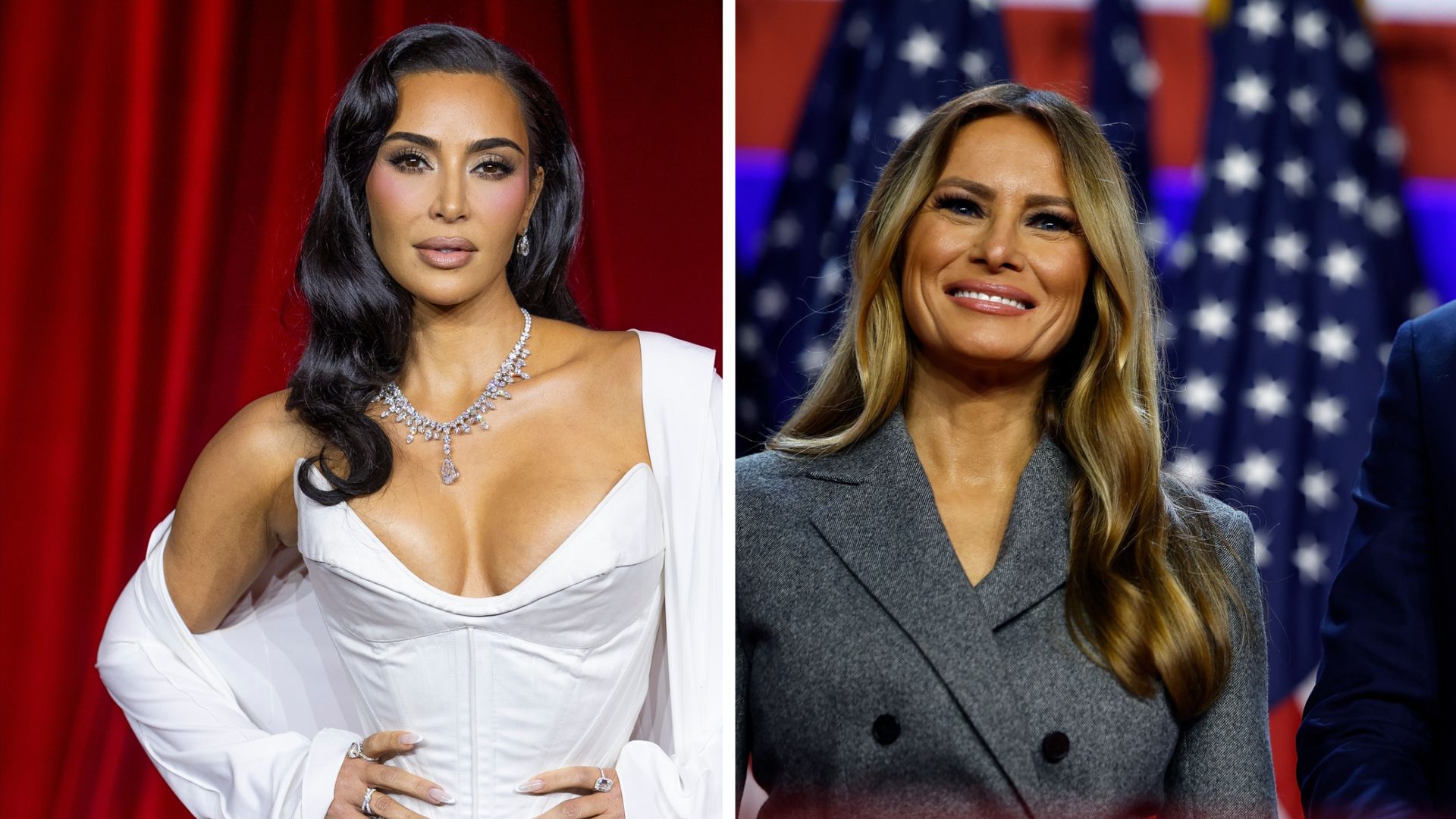Davos 2025: Global Leaders Gather Amid Tensions
As the World Economic Forum 2025 commences in Davos, leaders from across the globe converge to address intensifying global challenges, from economic instability to climate action.
Published January 21, 2025 - 00:01am

Image recovered from arabnews.com
The World Economic Forum (WEF) 2025 has officially commenced in the scenic Swiss town of Davos, drawing an impressive congregation of more than 350 government dignitaries, including 60 heads of state, and over 1600 business leaders. The annual meeting serves as a platform for top-tier discussions under the banner of 'Collaboration for the Intelligent Age,' amidst a backdrop of global uncertainties and escalating challenges. This year's gathering, which runs from January 20 to 24, will explore themes of technological transformation, climate action, and the future of global cooperation.
Klaus Schwab, the founder and chairman of the WEF, articulated the significance of Davos as a unique arena for fostering cooperation among world leaders. Schwab emphasized the necessity for a sustainable and inclusive approach in navigating the intricacies of the imminent age of intelligent technologies. Meanwhile, the WEF's president, Børge Brende, highlighted the forum's primary goal: to unlock unprecedented collaboration to address the collective challenges facing the globe.
The extensive agenda includes high-profile participation from figures such as U.S. President-elect Donald Trump, who will engage via video link, European Commission President Ursula von der Leyen, and Ukrainian President Volodymyr Zelenskyy. Furthermore, international representatives from the United Nations, the World Health Organization, and the International Monetary Fund will lend their voices to this crucial dialogue.
The thematic pillars guiding this year's discussions encompass Reimagining Growth, Industries in the Intelligent Age, Investing in People, Safeguarding the Planet, and Rebuilding Trust. Each key pillar aims to stimulate conversations around economic growth, technology-driven industrial shifts, workforce development, climate resilience, and global cooperation, underlining their intertwined roles in shaping a prosperous and equitable future.
This meeting arrives at a time when the global landscape is fraught with geopolitical tensions, economic fragmentation, and climate change risks. The WEF's Global Risks Report has pinpointed armed conflicts as the leading threat to economic growth in 2025, followed closely by extreme weather conditions. As leaders unravel these complex issues, discussions on cybersecurity, artificial intelligence, and renewable energy underscore the urgent need for 'responsible, inclusive strategies.'
Of particular interest is the involvement of China, as the nation's Vice Premier highlights China's increasing global economic influence. China has consistently played a pivotal role in the forum, leveraging platforms like the Belt and Road Initiative to bolster international cooperation and technological innovation. A spotlight on their collaboration with the WEF reflects the enduring commitment to mutual growth and sustainability.
Attendees, totaling nearly 3,000, include a remarkable array of cultural leaders and young innovators poised to challenge the conventional approaches to global governance and business. This emphasis on diverse perspectives embodies the WEF's objective to embrace broad-based agency in response to profound global change.
The forum's proceedings also shine a light on a pressing need for trust rebuilding and reimagining economic practices, as global cooperation teeters at a pivotal juncture. Encouraging proactive strategies, the WEF sets the stage for redefining growth and industrial practices in our rapidly transforming world.
)





